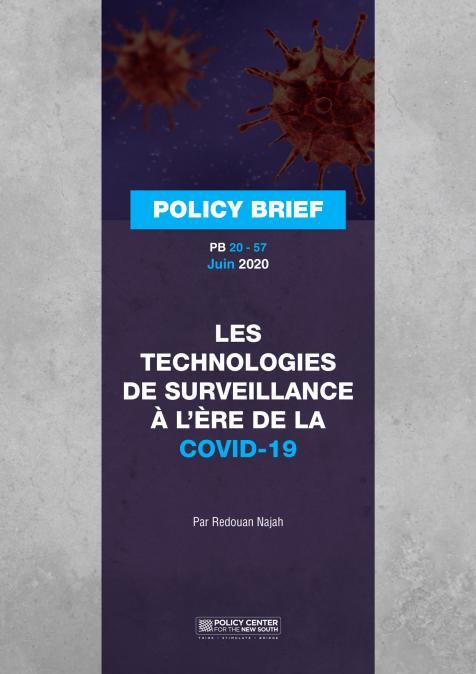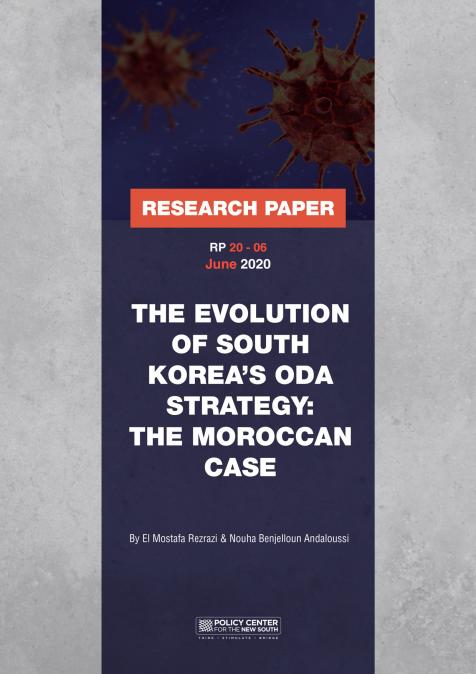Publications /
Opinion
Nelson Mandela was the gentle giant, a symbol of humanity and dignity. Not many men around would, after having suffered 27 years in jail, deprived of freedom, not only forgive their torturers and jailers, but also promise them peace and a future together, after seeing sunshine again and unchained at last. He was a courageous man indeed, rightly honored with the Nobel Peace Prize in 1993, together with the white symbol of repression F.W.de Klerk. They had agreed on majority rule, and when in 1994, after the first free democratic election in the history of South Africa, the “African National Congress” (ANC) party won the majority, only one man could be chosen for President: Nelson Mandela. Born in 1918, he had been a guerilla fighter, not a terrorist. He risked his life for the freedom of his people, fighting to take their chains off, turning them from slaves to masters of their own destiny. He remained noble and never preached hatred. He was pleading for unity, although the walls of apartheid took time to tumble, possibly they never fall.
The ANC majority controlled the government and did not always follow the modest example of their treasured Nelson Mandela. He was a symbol, a representative of human spirit and forgiveness, but party members and their allies in their ministerial and administrative posts soon abused their power and “allowed corruption to grow ” as the new President Cyril Ramaphosa admitted a few weeks ago on the BBC’s TV interview program,”Hardtalk”. The new leader was close to Mandela in those years of negotiations with the white rulers for majority rule, and Mandela suggested Ramaphosa as his successor. The party made a different choice, and the trusted ally of the South African freedom symbol had to wait and wait during decades for his day to come.
Jacob Zuma, who took power from Thabo Mbeki in 2008, chose eventually Ramaphosa as his Vice President, second in command. Power seemed secure, despite mismanagement of the economy, which today result in 27 percent of unemployment and limited growth (predicted in 2018 at 1.1 percent). Alleged corruption cases reached the courts, and soon the name of the President himself made headlines. Hundreds of accusations including violations of the constitution became public knowledge. Zuma knew that time and crime had caught up with him, since judges and police intensified their investigations into corruption in state owned enterprises, and into numerous wheeling and dealings, particularly the Presidents close association with one of the wealthiest and most powerful South African business families (of Indian origin). A few weeks ago, one of his power bases began to crumble, since the ANC chose a new leader, his Deputy President Cyril Ramaphosa, in the meantime a wealthy businessman himself. He worked in the shadow of Zuma but claimed ignorance of “how much was stolen” by corrupt officials. The new head of state just had “this perception” which suddenly turned into reality. Wow. As a second in command, he did not realize that South Africa was, in his words “a captured state”? Did he never question Zuma’s business activities, the dubious origins of funds with which the President, for example, restored and improved his private estate? Jacob Zuma was, with no doubt, a courageous man when he got involved in the freedom struggle, joining the outlawed ANC, banned by South Africa in 1960. He paid his militant approach towards freedom and his involvement into the struggle for the liberation of his oppressed people with ten years in jail. Ten years. A noble man, yes, because he risked his life. But on his way to power and in government, he lost his sense for values and for the principles he was precisely elected to defend.
Just like his comrade in arms, the right honorable Robert Mugabe, a Marxist, born in 1924 and not really honorable in his almost four decades in power in Zimbabwe, South Africa’s neighbor. Once London decided to abandon its colony (Southern Rhodesia), 200 000 whites decided, against the will of Britain, to create their own state, the Republic of Rhodesia, which refused to share power with four million African citizens. In fact the racist regime followed its model South Africa and copied apartheid. Mugabe was one of the leaders of the liberation movement, and he, just like Zuma, was jailed for ten years by the colonial powers. The guerilla war against the white rulers turned into the “Bush war” that was violent and vicious. The Soviets and Chinese supported the guerrillas with weapons and money. The white settlers and their leader, Ian Smith, eventually were driven out of the country, which reached its independence, as “Zimbabwe”, after democratic elections in 1979. In the following year and until 1987, Mugabe, the former freedom fighter, ran the government as Prime minister and then, for 30 years, ruled it with the iron fist as President. Just as Zuma, Mugabe resisted to abandon power. No matter that his country’s economy is in shambles, that the infrastructure of his country were ruined, the farms destroyed, its citizen without work. He wanted control and to remain the leader, and if the control would be taken away from him, also because he showed advanced old age syndrome, he wanted to hand over the impoverished country to his wife, Grace. Unfortunately for them, Army generals and courageous politicians pushed the resisting President, who was decades ago a hero for his people, out of office, promising him some millions and protection from the justice system. These are two aging heroes, who did not want to face the changes of history, who embody a different time and who changed their priorities. Their people are informed. The internet spreads the news and young citizens ask for work, they don’t want unfulfilled promises, they want a life in security, without fear of the police and repression. When the executive council of the ANC met in a suburb of Pretoria a couple days ago, in order to decide on the future of their President, they discussed 13 hours, a whole night, which ended in darkness for Jacob Zuma. The President tried his last bluff. He resisted. He did not want to abandon his job, not now. He counted on his loyal followers within the ANC membership, with whom he shared history and the fight for freedom. They would secure his future. He asked his party leaders for time. He asked for three months, the time needed to reorganize, to resist, as he had learned in his fight against the white. He would organize his survival.
And yes, he just had to finalize that one more deal, billions. A project with the Russians consisting in the construction of Nuclear Power stations in South Africa. Did he already cash in a commission? Or was this again slander, the suggestions of racists? But the ANC leaders were Africans and the majority of the leadership council voted to oust him and to force their President to resign. In 2019 the ANC has to face general elections, a daring exercise with Zuma in power. There is also one more attempt to save his future: his opponents needed to guarantee that his lawyers bills would be paid by the government! Certainly a hefty sum in months and years to come. Going to court as a normal private citizen sounds unacceptable to Zuma. What about immunity? He can’t bear another time in jail, since he knows from his personal history how much an inmate suffers in the darkness of a jail. Prisons do not know the color of skin, and it is just such miserable and sad thought to go from prisoner to President, and then back to prison. No, he would not resign without payment of his lawyer bills or immunity. One solution was still left: he could fire his Vice President Cyril Ramaphosa and replace him by the only person Zuma still trust, who is his former wife Nkosazana Dlamini Zuma! To him, she would be a great replacement just as his comrade Mugabe had envisaged as well his wife Grace to grab power in Harare. Yes, but Ramaphosa in the south of Zimbabwe had other plans. Zuma was history. Ramaphosa wanted to be President .Tomorrow. And now he is, ready to lead South Africa “back to its values and principles”. Those ideals he shared with the icon , the symbol of humanity and honesty, Nelson Mandela.






